
Ryan came to the office from academia and has enjoyed learning about the diversity of Idaho and the many functions of state government. He is grateful that he gets to meet many of the diverse people from across Idaho as part of his job. He is a Boise native and lives on the bench with his wife, Anna, and two children. He was a long-suffering Cubs fan, whose suffering ended on November 2, 2016. Anyone who spends enough time with him will hear too much about Adam Smith’s The Theory of Moral Sentiments and about anything written by Jane Jacobs.
Experience: Ryan’s recent projects include evaluations related to retirement savings, tax preferences, and Medicaid. Before coming to the office, Ryan taught economics and political science for a year at Emory University, where he was able to inflict both The Theory of Moral Sentiments and the work of Jane Jacobs on undergraduates.
Education: Ryan has a PhD in economics (2013) from George Mason University, an MA in economics (2011) from George Mason University, and a BA in history and economics (2008) from Gonzaga University.
Professional Affiliations: He is a member of the American Evaluation Association and the National Conference of State Legislatures.
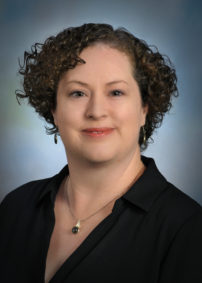
Leslie is an Idaho native who loves the desert and the mountains. She and her husband live in Boise with their son. If she’s not out rock hunting or hiking the Foothills, you can find her at home experimenting with art or wrangling her feisty pocket Labrador Retriever.
Experience: Before joining the Office of Performance Evaluations, Leslie spent nearly 10 years working in libraries and 15 years working on the language side of search and social media. She has worn many professional hats: program lead, manager, trainer, podcaster, interviewer, and more. During her career, she worked with teams from across the globe, including the Philippines, India, Taiwan, United Kingdom, Mexico, and Brazil.
Education: Leslie holds a BA in English Literature (2006). She is pursuing a Certificate in Editing at the University of Washington.
Professional Affiliations: She is a member of the ACES Society of Editors..
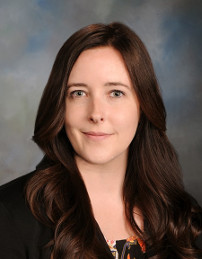
Lauren has always been interested in people and numbers. She enjoys interviewing stakeholders, developing surveys, and analyzing data. She appreciates that the field of evaluation allows her to use both qualitative and quantitative skills to provide useful information to decision makers.
Experience: Lauren has worked on evaluations of the child welfare system, local governments, courts, and property and sales tax policy.
Education: Lauren has a BS in political science and an MPA from Boise State University.
Professional Affiliations: She is a member of the American Evaluation Association and the National Conference of State Legislatures.
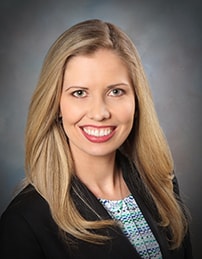
Amanda answers questions. Through her tenacious inquisitiveness, Amanda found her professional calling in the field of evaluation which seeks to provide accurate, reliable, and useful information to decision makers. Amanda is passionate about strengthening her community by supporting more effective government programs and policies.
Experience: Amanda has worked as a researcher and program evaluator since 2002. She started with Ada County where she conducted evaluations for departments including Solid Waste Management, Juvenile Court Services, and Misdemeanor Probation. Since coming to OPE, Amanda has worked in multiple policy areas including contract management, employee compensation, due process hearing procedures, child welfare, and local government. Experience in a variety of state and local agencies has strengthened Amanda’s ability to extract useful data by using a variety of methods, successfully planning and executing projects, and facilitating productive communication among stakeholders.
Education: Amanda is pursuing a JD at the University of Idaho. She has a BS in clinical psychology (2002) from Liberty University and an MPA (2009) from Boise State University.
Professional Affiliations: She is a member of the American Evaluation Association and the National Conference of State Legislatures.
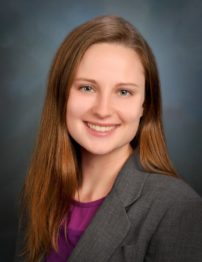
Mackenzie was born and raised here in Boise and loves it. She is happy to be surrounded by close family and friends. She has been searching for a professional environment in which to use and develop her passions for social systems, community, public speaking, and policy analysis and has found the perfect place at the Office of Performance Evaluations. In addition to her position as an Evaluator with the office, Mackenzie is an Assistant Coach for the Boise State University Talkin’ Broncos Speech and Debate Team.
Experience: During her time as a graduate research assistant at the Idaho Policy Institute during her master’s program, Mackenzie worked on various projects for Boise State University’s School of Public Service and the City of Boise. Since beginning at OPE, Mackenzie has worked on evaluations related to criminal justice, volunteer providers of emergency medical services, and the state’s response to Alzheimer’s and related dementias.
Education: Mackenzie has a BA in social work (2018) with a Spanish minor and an MPA (2021) from Boise State University.
Professional Affiliations: She is a member of the American Evaluation Association and the National Conference of State Legislatures.

Casey grew up in Pocatello and has spent most of his life split between Idaho and California. He is an avid fan of basketball and history and likes to spend his free time listening to podcasts. Casey enjoys the policy process and policy decision making and is grateful to work in an office that provides information and assistance to Idaho’s policymakers.
Experience: Casey has worked on evaluations of Idaho’s prison system, driver’s license policy, and K-12 and higher education.
Education: Casey has a BS in political science (2016) and an MPA (2019) from Boise State University.
Professional Affiliations: He is a member of the American Evaluation Association and the National Conference of State Legislatures.
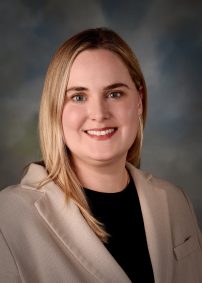
Tasha grew up in the Treasure Valley and values the strong sense of community and unique Idaho landscape. In her free time, Tasha enjoys reading, cooking, and outdoor activities with her husband and two dogs.
Experience: Tasha began her career in evaluation with a graduate internship at U.S. Government Accountability Office. Later, she led research at Rathbone Falvey Research, where she conducted program evaluations, surveys, and market research to support data-driven decision-making. Most recently, Tasha worked in Human Resources at the City of Boise as an Organizational Development Consultant.
Education: Tasha earned three degrees from Boise State University—a BA degree in Environmental Studies, a graduate certificate in Workplace Performance Improvement, and a MS degree in Organizational Performance and Workplace Learning. She is also a certified Prosci change management professional.
Professional Affiliations: Tasha is a member of the American Evaluation Association and the National Conference of State Legislatures.
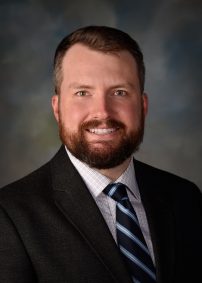
Christopher is interested in how we know what we know. He has spent his career investigating the validity of research and evaluation conclusions, and he’s excited to apply his skillset to support government programs in Idaho. In his free time, he’s a passionate snow slider and trail treader, depending on the season. He plays the banjo. Yes, he knows THAT song from THAT movie.
Experience: Christopher’s academic expertise is in quantifying psychological constructs and detecting group bias in measurement tools like surveys and questionnaires. Before joining the Office of Performance Evaluations, he worked as a consulting statistician and evaluator in a variety of domains including K-12 education, public health and medical research, and nonprofit administration.
Education: Christopher has a PhD in measurement from Western Michigan University (2024), an MA in evaluation from Western Michigan University (2019), and bachelors degrees in quantitative psychology and interdisciplinary studies from Western Washington University (2015).
 |
Year | Award | Qualifications | News Release |
| 2016 | Outstanding Evaluation | High quality work, use and influence of the report, office’s continued influence in the evaluation community | October 21, 2016 | |
| 2011 | Alva and Gunnar Myrdal Government Evaluation | Work is highly influential in government context | September 29, 2011 |
 |
2016 | Donald C. and Alice M. Stone Outstanding Practitioner | Outstanding professional contributions in government management |
 |
Excellence in Evaluation | |
| 2006 | Best advancing the field of legislative program evaluation from 2002 through 2005 | |
| Excellence in Research Methods | ||
| 2012 | Equity in Higher Education Funding | |
| 2010 | Public Education Funding in Idaho | |
| Notable Document Award | ||
| 2022 | Volunteer Providers of Emergency Medical Services | |
Per statute, evaluations may be conducted of any agency or program that receives state funds.
| State government | Local government |
| Boards | Cities |
| Commissions | Counties |
| Departments | Districts |
| Offices | Other political subdivisions that have the authority to levy, collect, and spend tax dollars |
| Institutions |
Requests for evaluation must be submitted to the Oversight Committee through a legislator. The Oversight Committee reviews all requests for evaluation. Requests may include background information on the issues of concern. Any member or the full committee may request that our office prepares general background information for full committee consideration of a requested evaluation. A strong evaluation request is timely and addresses a broad audience. See examples of prompts that can strengthen a request under Requesting an Evaluation.
Using background information and information cited in the request, the Oversight Committee decides which requests will be conducted. The number of assigned evaluations are made according to resources within our office. Topic selection typically occurs toward the end of each legislative session, but requests may be submitted at any time during the year.
After the Oversight Committee assigns our office an evaluation, we conduct the evaluation without involvement from the committee. We may interview agency personnel and stakeholders, analyze financial and budgetary data, conduct surveys, and review procedures, processes, and applicable standards. Before the release of the evaluation report, all materials obtained or created as a result of our evaluation are confidential (Idaho Code § 67-461).
When the evaluation is complete, OPE staff prepare a written report with findings and recommendations. The final report is published with responses, if any, from the evaluated state agencies and the Governor. In a public meeting, the Oversight Committee receives the report, makes decisions about the appropriate steps to implement recommendations, and may forward the report to other legislative committees for consideration of policy. After the report is released, all workpapers compiled to document the evaluation’s conclusions and recommendations, except those that are otherwise confidential under Idaho law, become subject to disclosure.
| Three evaluation standards guide our work: | |
 |
Government Auditing Standards (issued by the US Comptroller General) |
 |
Guiding Principles for Evaluators (issued by the American Evaluation Association) |
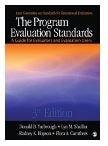 |
Program Evaluation Standards (issued by the Joint Committee on Standards for Educational Evaluation) |
-300x300.jpg) |
Insights from Idaho’s Office of Performance Evaluations: An interview with Rakesh Mohan, Director Rakesh was interviewed by Andy Feldman on the functions and processes of the OPE, discussing evaluative steps and the importance of independence when conducting evaluations… |
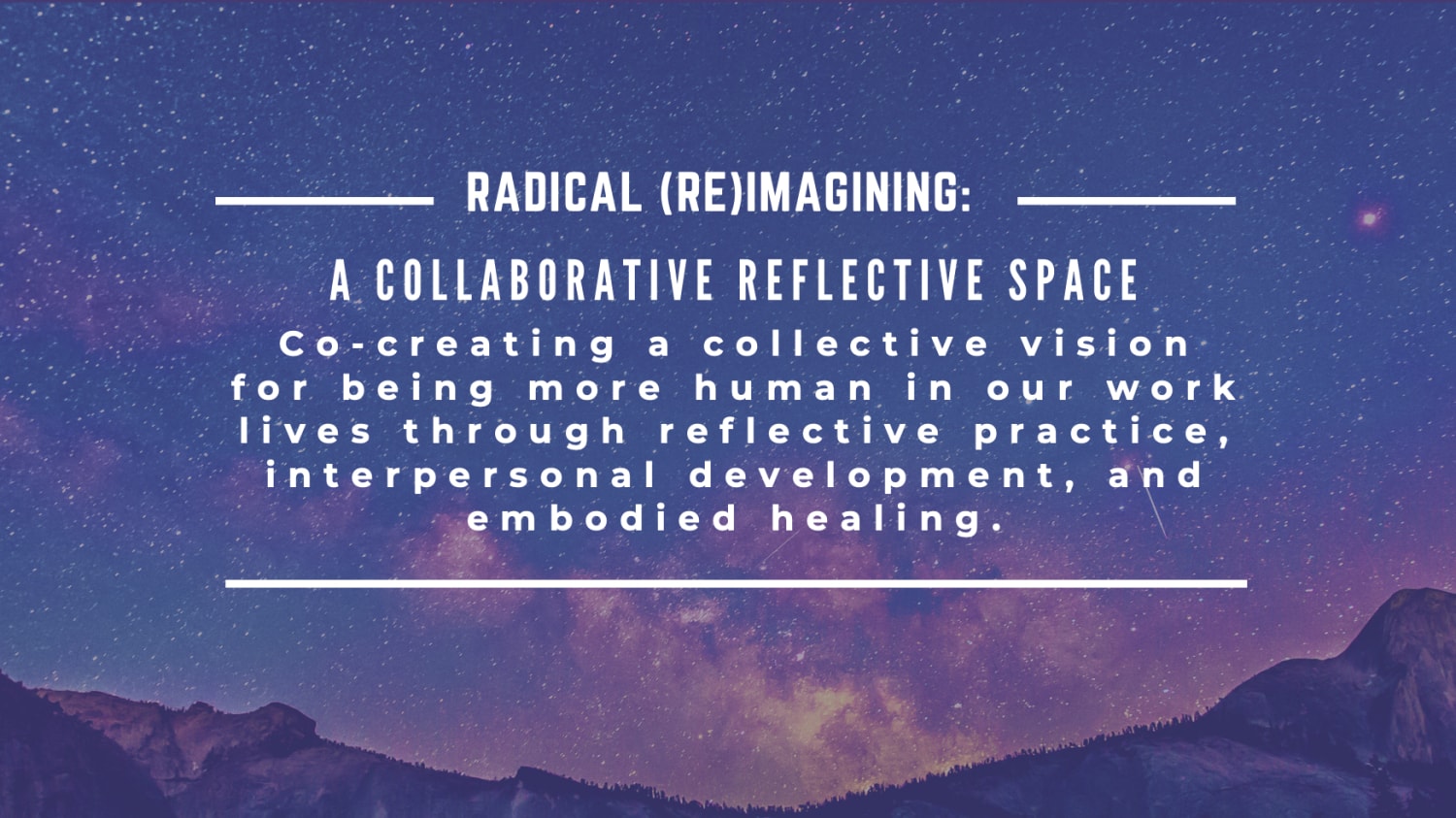 |
Radical (Re)Imaging: What it means to be in service to others Deven Wisner, Tiffany Smith, and Libby Smith of Radical (Re)Imagining chat with Rakesh Mohan in a podcast about what it means to be in service to others… |
 |
Building trust, an essential activity for evaluators For people to have confidence in government, they need to trust their government officials. Unfortunately, that trust is a scarcity these days…. |
 |
Using consultants to increase evaluation capacity Small evaluation shops shouldn’t shy away from taking on large, complex studies. They can tackle these studies with confidence and produce useful evaluations by strategically contracting with consultants… |
 |
The value of credentials in evaluations As the director, I manage high stakes evaluations. A poorly conducted evaluation could end my career and damage my office’s hard-earned credibility. For me, managing evaluations involves assembling the best team… |
 |
What is different about K-12 public education evaluations? At least in the USA, K-12 public education evaluations seem to be curried with a bit of extra politics, so much so that the politics is too spicy for many evaluators to handle. Like a curry, the politics of education evaluations is… |
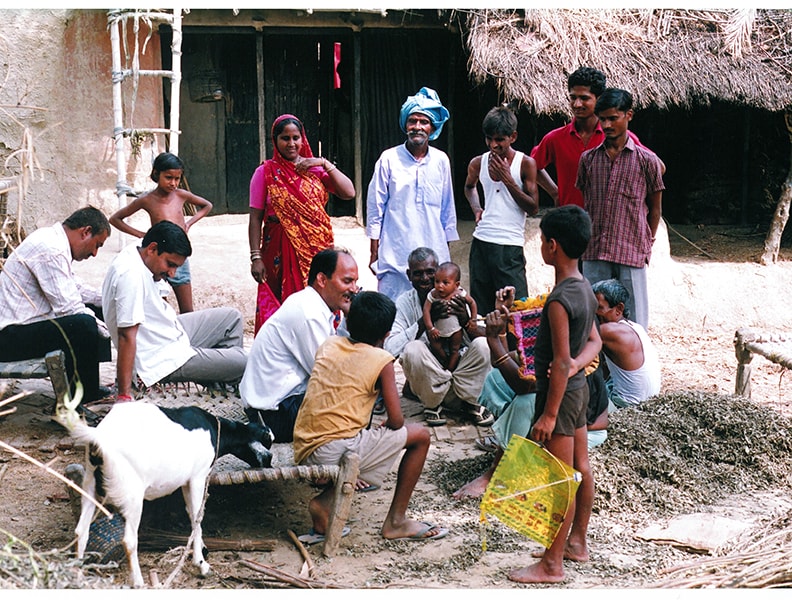 |
Getting the attention of your audiences “Who is your boss?” asked a senior legislator shortly after I started as the director of the Office of Performance Evaluations more than 12 years ago. I quickly responded, “JLOC.” The Joint Legislative Oversight Committee… |
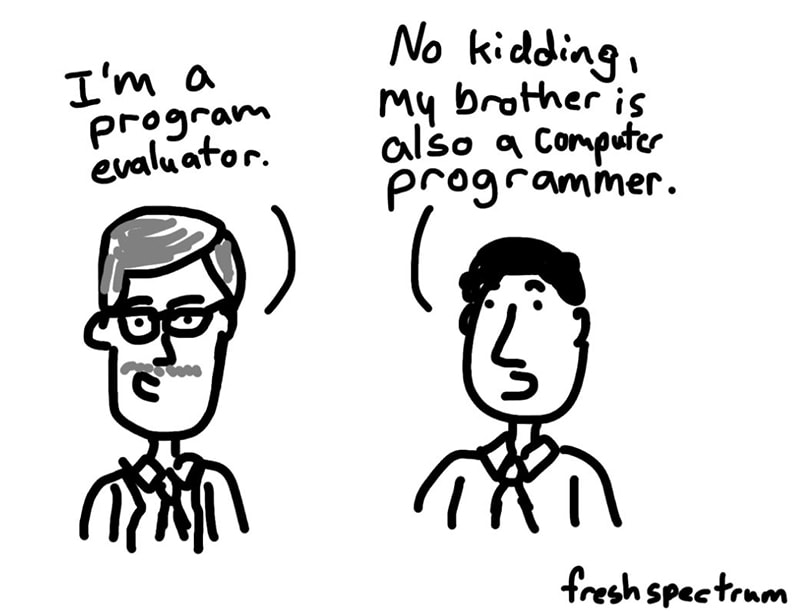 |
Evaluation’s four missing Ps Do you know what happens when I tell someone that I’m an evaluator? I get a blank look, because people do not know what an evaluator does. So I say that I’m a program evaluator. And they think I’m a computer programmer… |
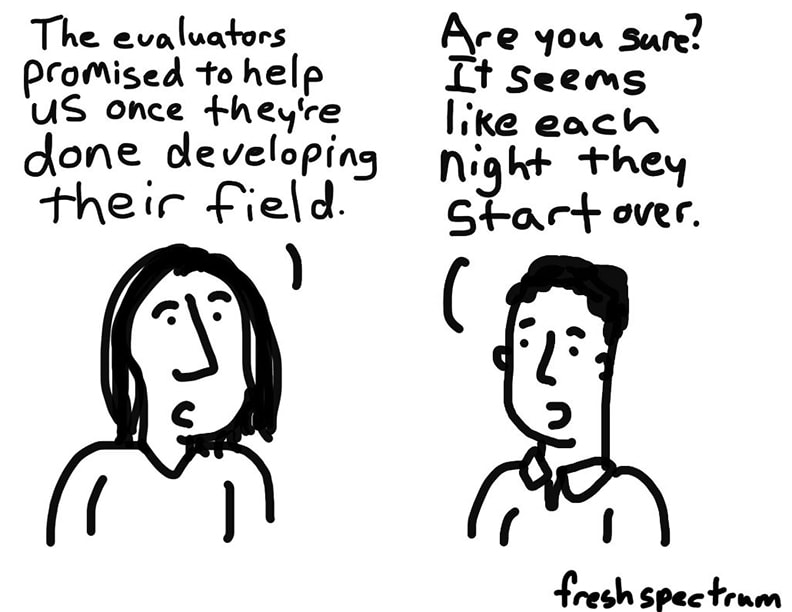 |
Follow-up on the four missing Ps In response to my recent guest blog and your related cartoons in Freshspectrum, here is what the great Eleanor Chelimsky said to me in a personal email: “About who evaluators are: I used to think we were Ulysses.. |
 |
Evaluators can’t do it alone; need to build new partnerships You talked about building new partnerships to promote evaluation use among policymakers. In order to accomplish that, you said evaluators would need to broaden their discussions at conferences beyond evaluation… |
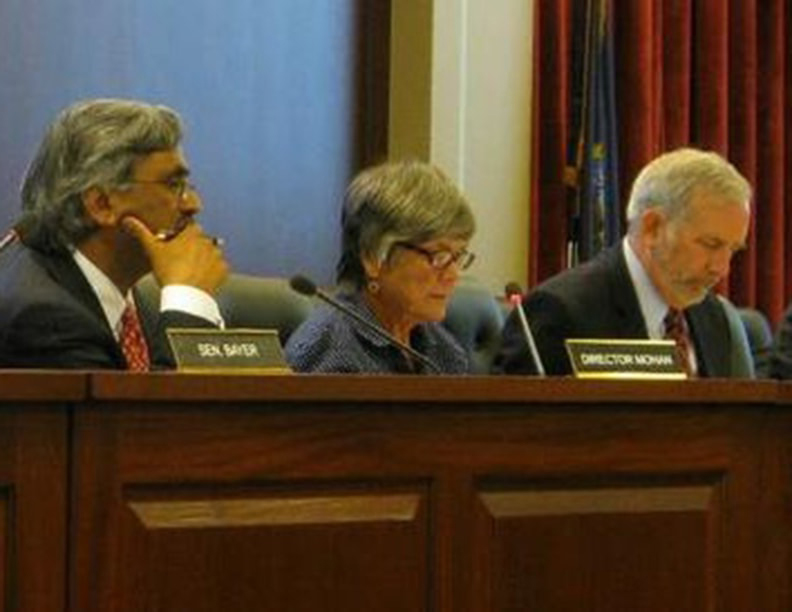 |
Wish I had done this 11 years ago Being the director of Idaho’s legislative evaluation office for more than 11 years has taught me many things. One of them is the complex nature of communication with policymakers. I believe this is probably one of the… |
 |
Why are evaluators so tentative about the advocacy aspect of our profession? My mother used to say that where there are two or more people, there will always be politics over resources. Because evaluations involve making judgments about prioritization, distribution, and use of resources… |
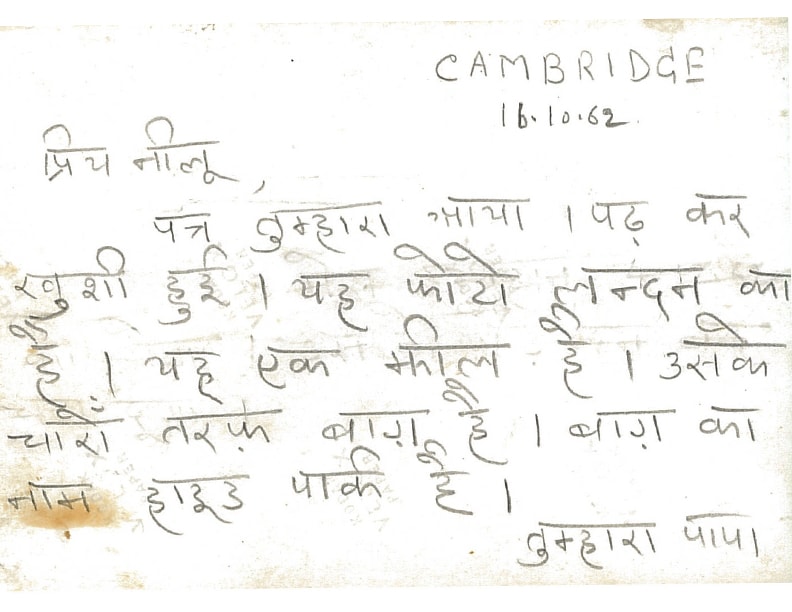 |
Embracing data visualization in evaluation: A management perspective Words have meaning, especially those that are well thought out and are written for a particular person or audience in mind. For instance, here is a very special letter my father wrote to me 52 years ago when I was only six… |
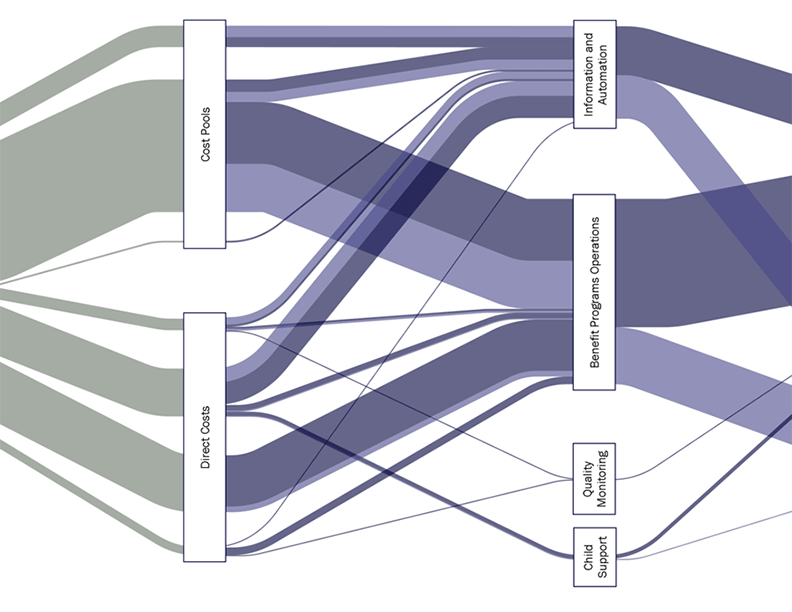 |
Fitting reporting methods to evaluation findings and audiences As part of the evaluation on the Department of Health and Welfare’s management of appropriated funds, we had a difficult task of understanding and then explaining to policymakers the movement of appropriated funds… |
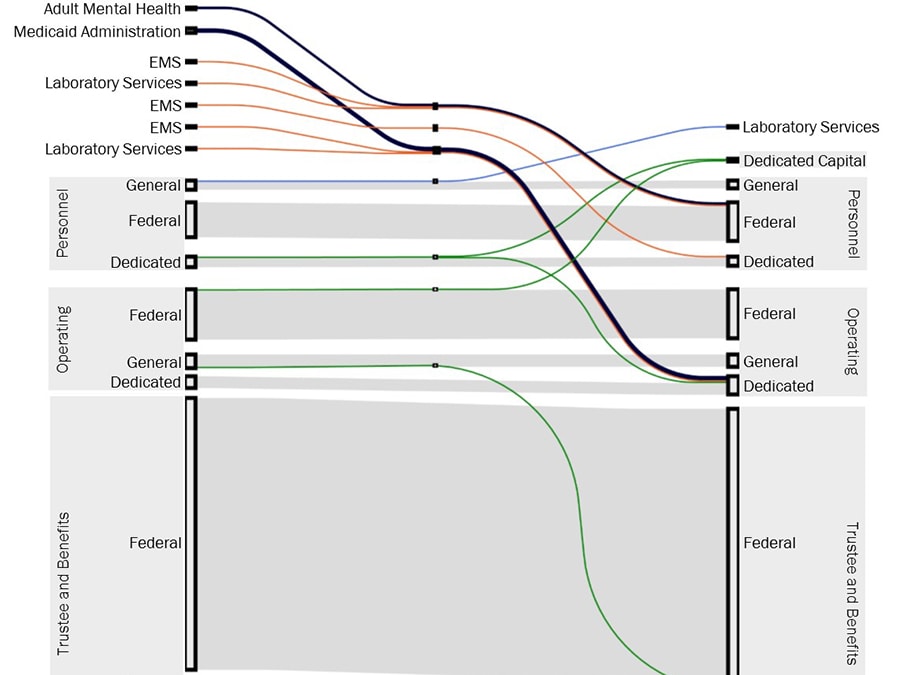 |
Sankey diagrams: A cool tool for explaining the complex flow of resources in large organizations Last year, the legislature asked us to explain how funds move through the Department of Health and Welfare—the agency with the state’s largest budget. Legislators, including budget committee members, had difficulty… |
|
Rakesh Mohan
Director
|
 Lauren Bailey
Senior Evaluator
|
Amanda Bartlett
Principal Evaluator
|
Ryan Langrill
Principal Evaluator
|
|
Mackenzie Moss
Evaluator
|
Sasha O’Connell
Senior Evaluator
|
Casey Petti
Senior Evaluator
|
We are seeking qualified candidates interested in serving the Idaho Legislature and the people of Idaho by producing credible, responsive, creative and effective evaluation reports. Current job listings: Administrative Coordinator, Part-time To apply, submit a resume, a cover letter, and the names and contact information of three professional references to: